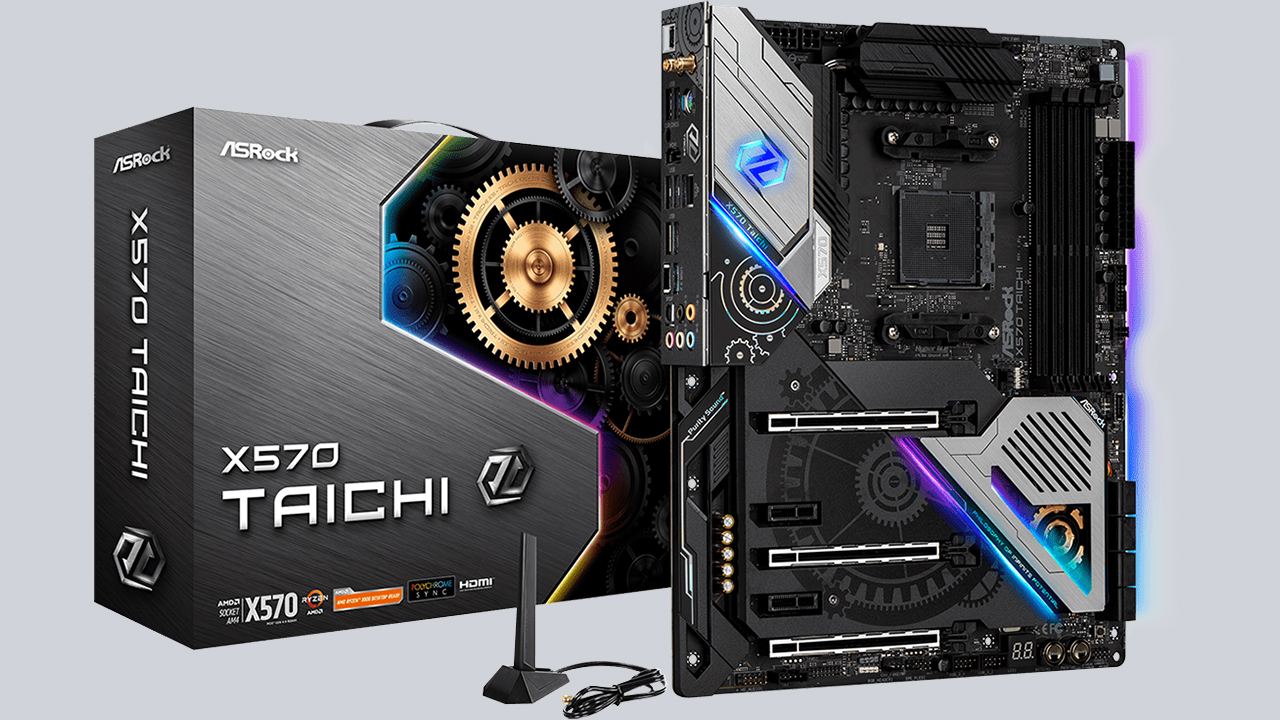AMD announced a new update to 1.1.9.0 AGESA code for Ryzen 5000 platforms that offers improved fabric overclocking stability and supports Windows 10’s s0i3 sleep state. The update also adds support for passively-cooled X570 motherboards. The new AGESA code will come as future BIOS/UEFI updates for Ryzen 5000 series motherboards.
AMD has enhanced fabric overclocking support to improve stability with 1800-2000 MHz fabric clocks. That’s a nice jump over the typical limit of 1600 MHz. This expanded support will allow users to run their higher-clocked memory, like DDR4-3800 and DDR4-4000, in the 1:1:1 mode that offers the lowest latency (and thus best performance in most apps).
This is the first time we’ve heard of expanded support for passively-cooled X570 motherboards. Most current X570 boards need either active or liquid cooling (the only exception being the Gigabyte X570 Extreme and Asus ROG Crosshair VIII Dark Hero) to keep the chipset from overheating (largely thought to be due to the more power-hungry PCIe Gen 4.0 interface). AMD hasn’t shared details of the expanded passive cooling support, but it could consist of new power states that allow the chipset to operate at a lower TDP while still maintaining performance targets.
AGESA 1.1.9.0 also adds support for S0i3 in Windows 10. As part of Window’s ‘Modern Standby’ feature, S0i3 is a sleep state that debuted in the same time frame as Intel’s 4th Gen Haswell CPUs several years ago. This enhancement to the standard S3 sleep state enables faster wake up times and allows the computer to run in a ‘system standby mode’ so you can receive notifications even when the PC was in sleep mode.
So far, there is no word yet on when AMD’s new AGESA code will be to new BIOS’s for current X570 motherboards.
